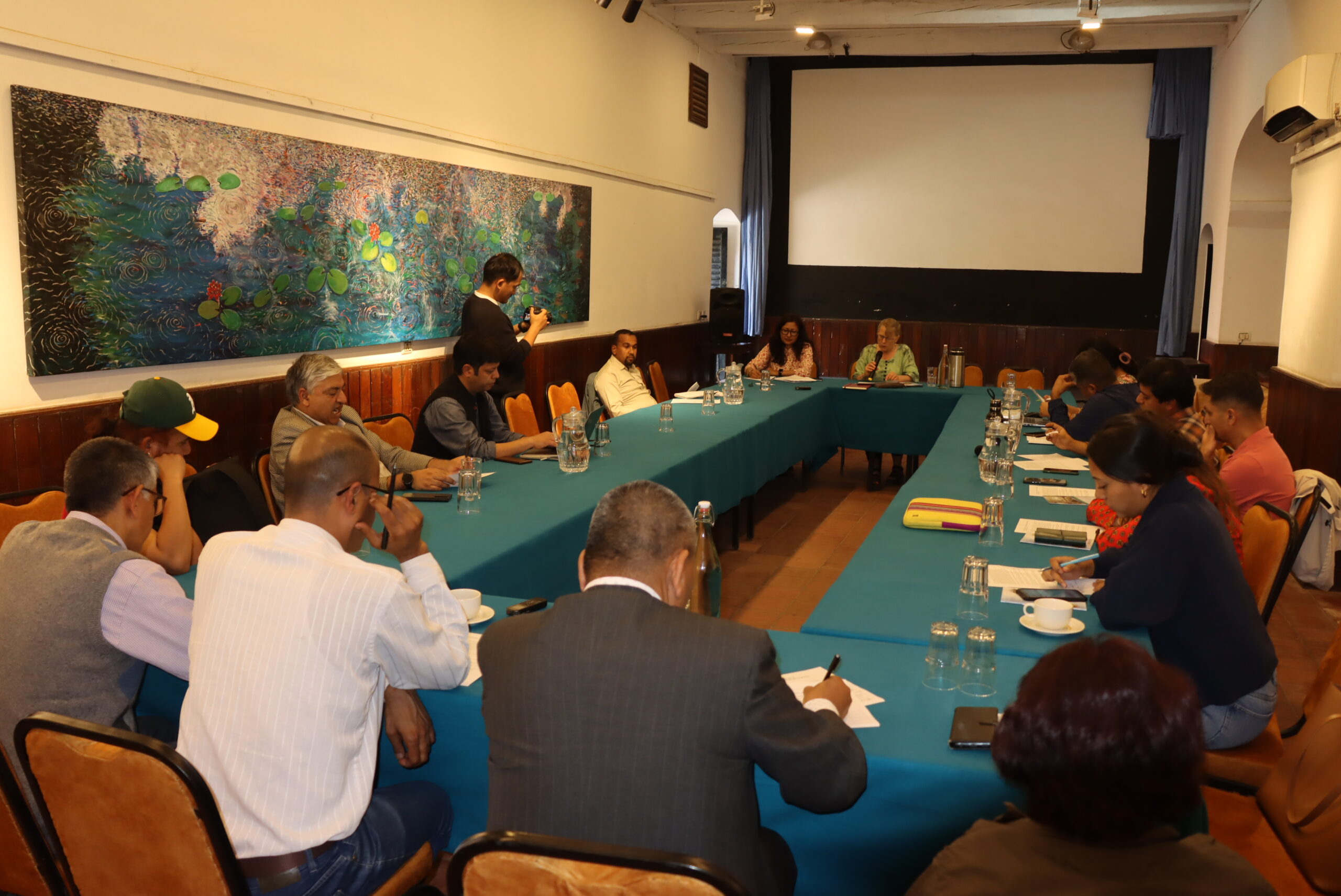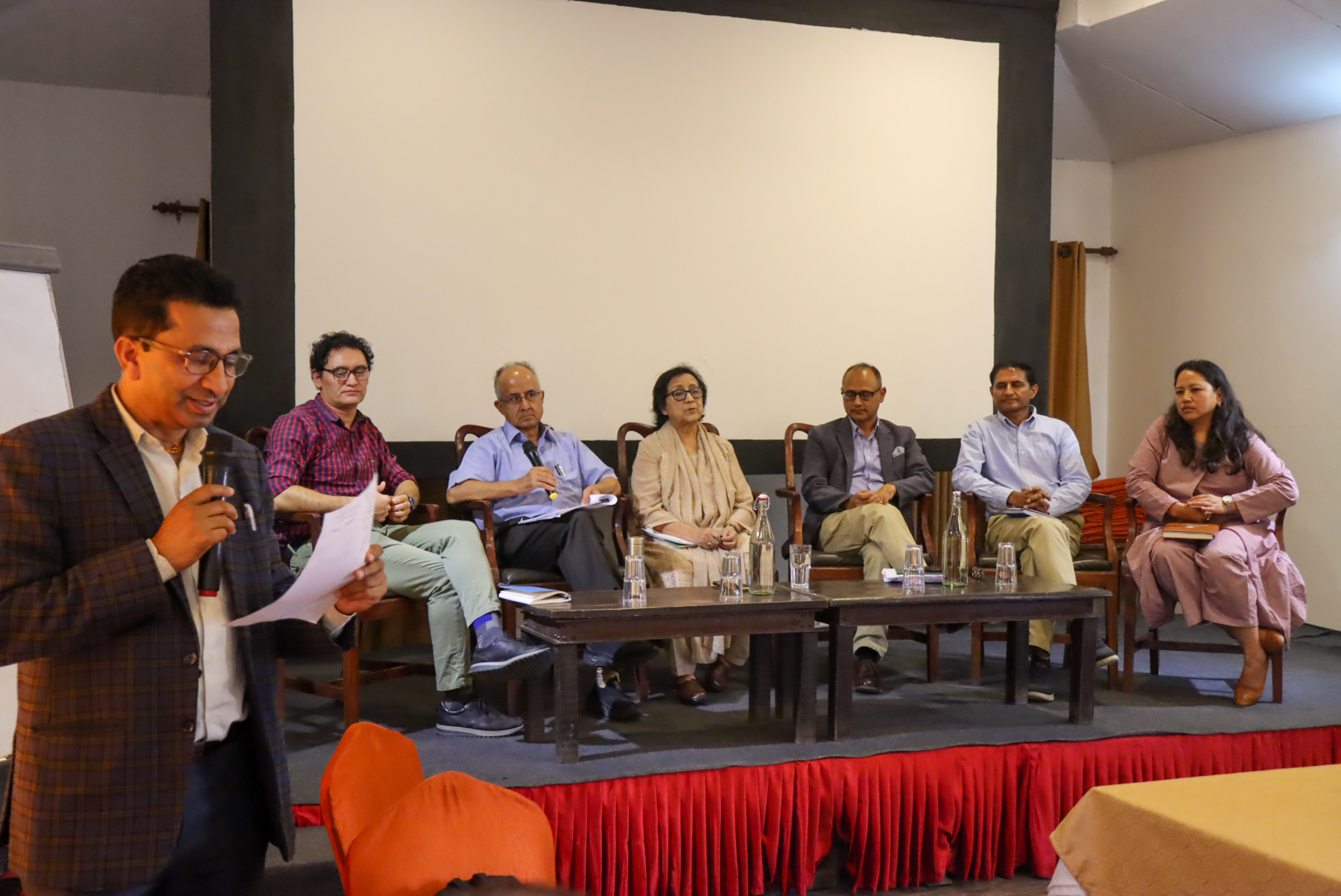SIAS organized a course on Philosophy of Social Sciences and Epistemological Paradigms: Insights for Research Methodology in collaboration with Institute of Cultural Affairs (ICA) Nepal. It was held on April 4-9 in Kathmandu and is open for the PhD researchers and social scientists.
Objectives
To expose participants to the wide range of epistemological traditions in social sciences and allow them to critically reflect, articulate with contemporary epistemic culture in Nepal.
By the end of the course, the participants will be able to:
- Identify and differentiate various epistemic traditions in social sciences
- Critically reflect upon their own epistemic orientations and explore relevant approach for their own ongoing research
- Articulate key concepts of epistemology in their research project and improve the quality of research design
- Explore epistemic research approaches that can work for various purposes in Nepalese society
Topics
- Doing social science research in Nepal: demystifying the epistemological paradox
- European enlightenment and the tradition of positivism in Nepal
- Interpretive traditions in epistemology and their manifestations in Nepal
- Critical and post-colonial traditions in epistemology: practices and possibilities in Nepal
- Postmodernism and post-structuralism and implications for social science in Nepal
- Feminist studies in Nepal – epistemology and politics
- Pragmatism – scope and possibilities in Nepal
- Critical review of social science epistemology in Nepal
Course Directors
- Dr Hemant R Ojha is Chair of Southasia Institute of Advanced Studies (SIAS) and a Senior Fellow at University of Melbourne.
- Dr Krishna Shrestha is Senior Lecturer at University of New South Wales (UNSW) in Sydney.
- Dr Hari Dhungana is Executive Director at SIAS.




